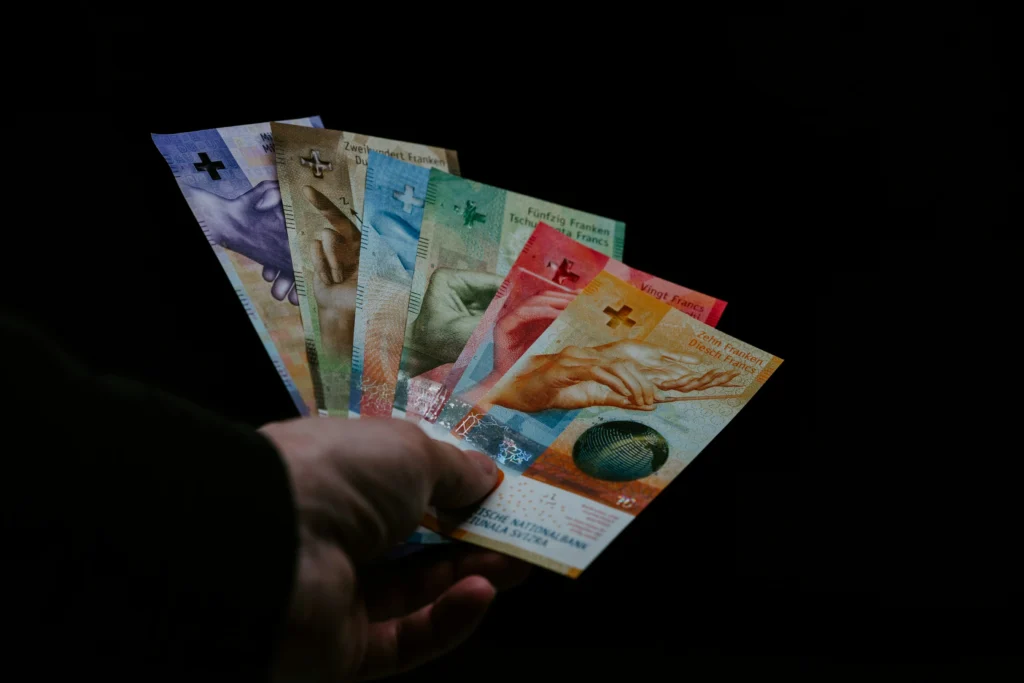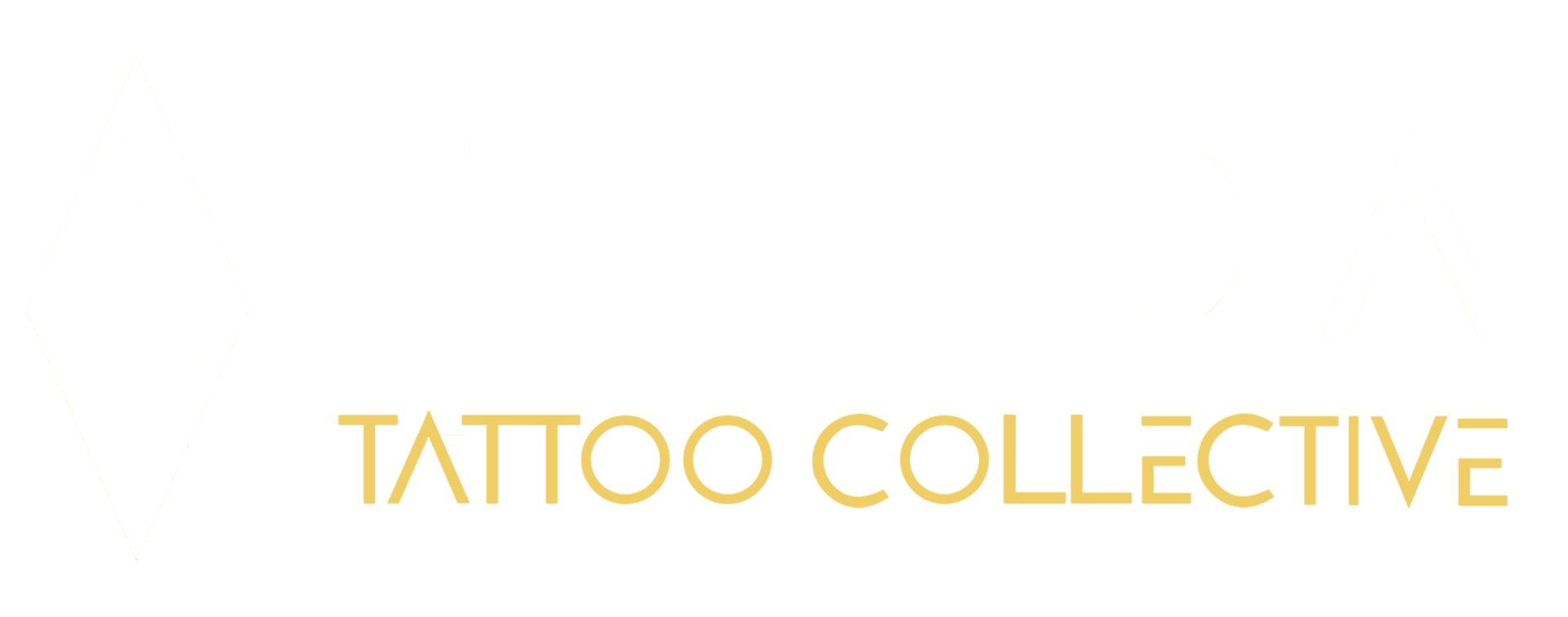
Tattoo Prices Explained: What Influences the Cost of Your Ink
Introduction
How are tattoo prices determined? Many factors influence the cost of a tattoo, and understanding these elements will help you make an informed decision about your next piece of art. You might wonder why some tattoos seem pricier than expected, or why others come in cheaper than anticipated.
At Korda Tattoo Collective, we pride ourselves on fair pricing, transparency, and offering exceptional value while reflecting the quality of work and equipment we use. In this guide, we’ll break down everything that goes into tattoo pricing so you know exactly what you’re paying for and why.
Factors That Determine Tattoo Prices
Here are the primary components we consider when pricing tattoos:
- Cost of Supplies
- Time Required
- Body Placement
- Tattoo Style
- Color vs. Black and Gray
- Size
- Design Complexity
- Skin Condition
- Cover-Ups
- Skill Level of the Artist
Let’s dive into each factor.
1. Cost of Supplies
Creating a tattoo requires a mix of disposable and reusable equipment.
Reusable Equipment
This includes our studio setup: tattoo chairs, armrests, printers, computers, workstations, machines, and lighting. While these don’t directly factor into the cost of each tattoo, they contribute to overall studio expenses like rent, equipment upgrades, and maintenance.
Disposable Equipment
Every tattoo, no matter how small, requires a set of disposable supplies:
- Needles, ink, shading solution
- Ink caps, tongue depressors, Vaseline substitutes
- Plastic film, bandages, paper rolls
- Razors, alcohol, stencil gel and paper
- Cleaning foam, disinfectants, and second-skin plastic
These essentials are used for every client and are part of our pricing foundation. For example, our minimum price of 100 CHF reflects these baseline costs. This also includes a complimentary touch-up session within a month, where we use the same disposable equipment again.
Learn more about the top-quality tattoo supplies we use.
2. Time Required
Time is one of the most significant pricing factors.
While some studios charge hourly, we prefer a flat-rate approach based on the estimated time needed for your tattoo. Why? It eliminates stress for both you and the artist. Hourly pricing can be unpredictable and create unnecessary pressure, which isn’t ideal for crafting quality tattoos.
For larger projects, we offer day sessions priced between 1,000–1,200 CHF. This includes around five hours of tattooing, plus snacks, coffee, and soft drinks to keep you comfortable throughout the process.
3. Body Placement
The location of your tattoo affects the difficulty of the process and, subsequently, the price.
- Easy Areas: The forearm, for example, is smooth and generally sun-damage-free, making it one of the easiest places to tattoo.
- Challenging Areas: The ribs, on the other hand, are notoriously difficult due to the skin’s elasticity and the constant movement from breathing. For tattoos on tricky areas like ribs, our minimum price increases to 120 CHF.
4. Tattoo Style
Different styles require varying levels of expertise and time.
- Black and Gray Tattoos: Generally less expensive unless intricate shading is involved.
- Color Tattoos: Adding multiple colors increases the time, skill, and supplies needed, often raising the price by 30% or more.
5. Size
Size matters—but not always in the way you might think.
- Larger Tattoos: These generally cost more because they take longer.
- Smaller Tattoos: Surprisingly, very small tattoos can sometimes cost more than you’d expect. Intricate details in a tiny space require precision and may involve additional tools or supplies.
6. Design Complexity
The complexity of your design can significantly affect the cost.
- Simple Designs: Easier to execute and quicker to complete.
- Intricate Artwork: More time and effort are needed, especially for detailed or highly customized designs.
Fun fact: If we’re particularly excited about a design, we might even offer a more flexible price because we’re as passionate about the art as you are!
7. Skin Condition
Healthy, smooth skin is easier to tattoo, while damaged or scarred skin may require additional time and care.
8. Cover-Ups
Cover-ups are a special category of tattoos that demand extra skill, time, and often multiple sessions.
- Not all tattoos can be covered, so it’s essential to be upfront with your artist.
- Cover-ups usually involve two or more appointments, making them more expensive than new tattoos.
9. Artist’s Skill Level
The skill and experience of the artist play a significant role in pricing.
Highly skilled artists work faster and deliver consistent quality, which reflects years of practice and dedication. A small tattoo completed in 10 minutes by a seasoned professional might seem expensive at 200 CHF, but you’re paying for their expertise, not just the time spent.
You can chekc out our work here.
Conclusion: Quality Over Price
When it comes to tattoos, the age-old saying holds true: “Good tattoos aren’t cheap, and cheap tattoos aren’t good.”
While it’s wise to compare prices and avoid overpaying, the priority should be choosing an artist whose work you trust. Saving for the right artist is always better than rushing into a cheaper option you might regret. Cover-ups are costly, so it’s worth getting it right the first time.
Ready to start your tattoo journey? Visit Korda Tattoo Collective in Zurich for transparent pricing, exceptional quality, and a welcoming experience.
Once you get your tattoo, make sure to follow our tattoo aftercare tips for the best results.
Happy inking!
